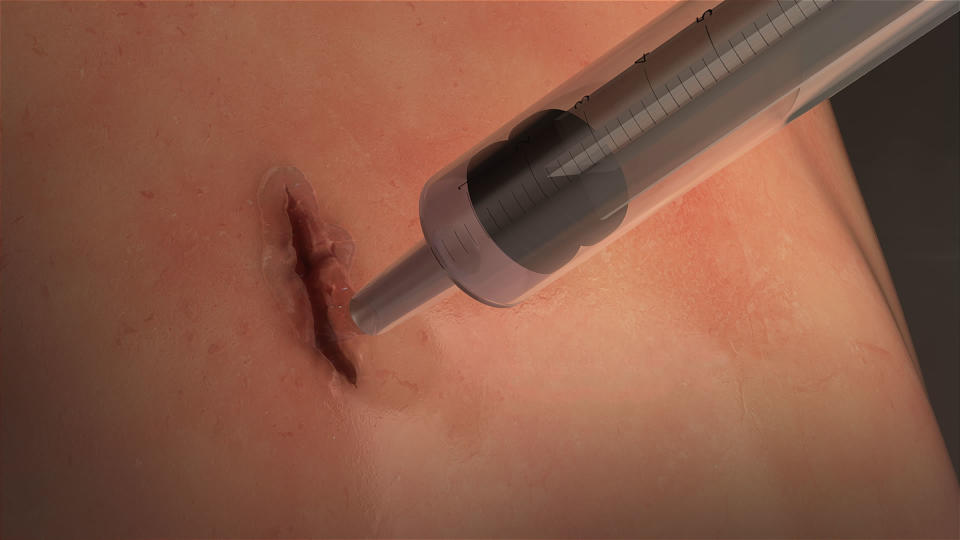Researchers create a fast-sealing surgical 'glue' for closing wounds
It’s elastic enough to keep a wound sealed on an inflated lung.
Closing up wounds typically calls for sutures or staples, but neither are able to create a complete seal. And when it comes to internal injuries that are harder to get to and wounds on organs that move a significant amount, such as lungs, treatment becomes even more difficult. Sealants offer a solution to those problems, but none of those available meet all of the requirements of an effective surgical tool. However, researchers have just developed a new type of sealant that may actually check all of the boxes. Their work was published this week in Science Translational Medicine.
"A good surgical sealant needs to have a combination of characteristics: it needs to be elastic, adhesive, non-toxic and biocompatible," Nasim Annabi, an author of the study and a researcher at Northeastern University, said in a statement. "Most sealants on the market possess one or two of these characteristics, but not all of them. We set out to engineer a material that could have all of these properties." Their product, dubbed MeTro, is biocompatible because it's created with proteins similar to those that make up elastin in humans and changing the concentrations of those proteins in the sealant allowed the researchers to create MeTro hydrogels with a range of different elasticities. Further, MeTro sets in just 60 seconds with the help of a UV light.
MeTro was tested in rats by using it to seal incisions in arteries and punctures in lungs. It was also able to successfully seal wounds in pig lungs even during repeated inflations and deflations. The next step is to test the sealant in people.
"The potential applications are powerful, from treating serious internal wounds at emergency sites such as following car accidents and in war zones, as well as improving hospital surgeries," said Anthony Weiss, a researcher at the University of Sydney and an author of the study.



